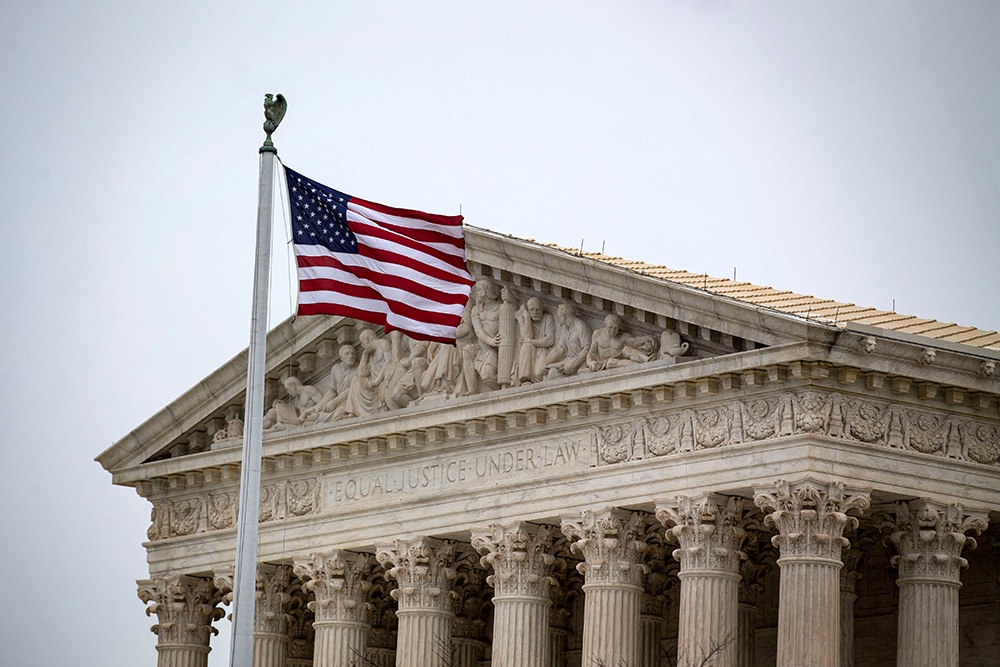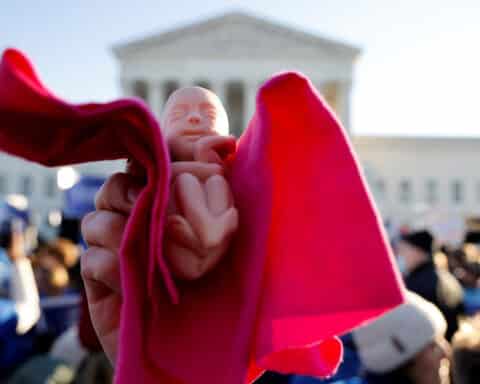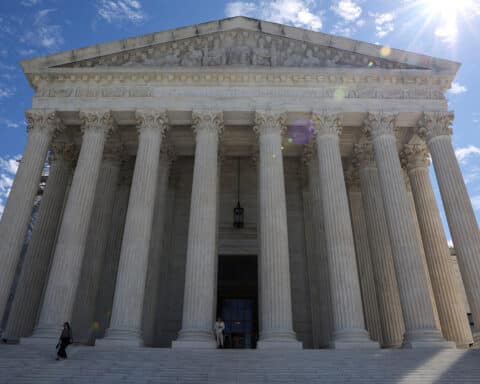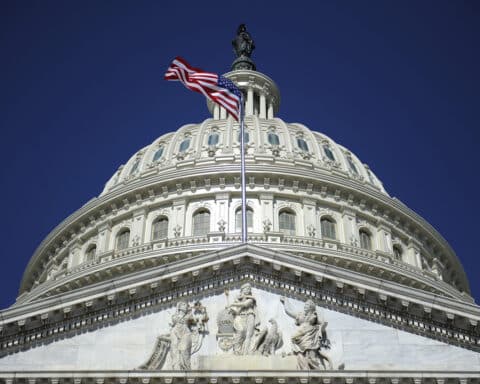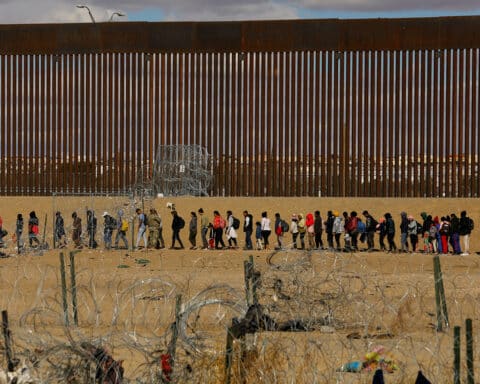
The justices met privately Oct. 1 to review appeals in hundreds of cases and selected a handful to add to those it already has agreed to consider. Among the issues for which an airing is sought in the Supreme Court are the city of Philadelphia’s insistence that Catholic social services place children with same-sex foster couples — a policy that led the Catholic agency to quit the foster care field — and the Washington, D.C. public transit agency’s ban on religious ads in its vehicles.
As usual, too, the Supreme Court begins its new term amid speculation about whether and when it will take a fresh look at its abortion decisions — Roe v. Wade, the 1973 ruling that legalized abortion, and Planned Parenthood v. Casey, in which the court in 1992 reaffirmed Roe. Pro-lifers are particularly eager for reconsideration now in view of the court’s recent shift in a conservative direction. The Louisiana case is the first abortion case the court is taking up since Justices Brett Kavanaugh and Neil Gorsuch joined the bench and also without the swing vote of Justice Anthony Kennedy, who retired in 2018.
The Louisiana case is almost identical to a Texas case the court struck down in 2016 that required abortion clinic doctors to have admitting privileges at local hospitals and state abortion clinics to comply with standards of ambulatory surgical centers.
Sizing up last term’s abortion-related activity, Helen Alvaré, a professor at George Mason law school and frequent pro-life writer and speaker, said the court showed “a pronounced reluctance to consider substantive abortion law at all, alongside evidence that this reluctance is calculated, not accidental, and importantly influenced by Chief Justice John Roberts.” It is widely supposed that the court wants to avoid saying anything new about abortion prior to next year’s election.
Writing at SCOTUSblog, a website specializing in court news and commentary, Alvaré noted that numerous state laws imposing restrictions on abortion are now working their way through lower courts on the way to the Supreme Court. Among them are laws setting a point in pregnancy after which abortion may not be performed, barring particular abortion methods, or setting conditions such as informed consent or parental involvement in the case of a minor.
On Oct. 7, the justices will start hearing oral arguments, with the LGBTQ cases scheduled the following day. One, a consolidation of two cases, involves homosexuals and the other a transgender woman. The issue is whether the ban on employment discrimination “because of sex” in Title VII of the Civil Rights Act of 1964 covers sexual orientation in the case of homosexuals and subjective gender identity in the case of transgender persons.
On Nov. 12 the court will hear arguments in three consolidated cases involving President Trump’s termination of the Deferred Action for Childhood Arrivals program. DACA allows young adults brought into the United States illegally as children to apply for protection against deportation.
Hanging over the Supreme Court’s head as the term begins is uncertainty about Justice Ruth Bader Ginsburg’s health. The 86-year-old Ginsburg, a stalwart of the court’s liberal minority, underwent radiation therapy for a malignant tumor on her pancreas in August. Earlier she was treated for pancreatic cancer in 2009 as well as for lung cancer last December and colon cancer in 1999, and had heart surgery in 2014.
If Justice Ginsburg leaves the court this year or next, the president almost certainly will name a conservative to replace her. Together with Justices Neil Gorsuch and Brett Kavanaugh, that would bring to three the number of justices Trump has placed on the court and would increase the conservative bloc’s size to six, including Justices Clarence Thomas and Samuel Alito as well as — with some qualifications — Chief Justice Roberts. It would also touch off a furious election-year confirmation fight in the Republican-controlled Senate.
Meanwhile the LGBTQ and DACA cases are expected to provide ample fuel for election-year debate.
Two of the LGBTQ cases, Bostock v. Clayton County, Georgia and Altitude Express v. Zarda, involve homosexuals and will be argued together. In both, the plaintiffs argue that sexual orientation deserves recognition as a protected category under the Civil Rights Act’s Title VII.
The plaintiff in Bostock, Gerald Bostock, was fired by Clayton County from his job as a child welfare services coordinator. The county accused him of mishandling money, but Bostock says he was terminated because he was gay. The district court ruled that Title VII doesn’t cover sexual orientation, and the U.S. Court of Appeals for the llth Circuit agreed.
In the Altitude Express case, a skydiving instructor named Donald Zarda also said he was fired because he was gay. The trial court ruled against him, but the U.S. Court of Appeals for the 2nd Circuit reversed that decision and held that discrimination because of sexual orientation is a “subset of sex discrimination.” Zarda died in an accident in 2014, and the company has been dissolved, but the case is being pursued by his estate.
The transgender case, R.G. and G.R. Harris Funeral Homes v. EEOC, involves a transgender woman named Aimee Stephens who for six years went by the name of Anthony Stephens while working for a Michigan funeral home.
Then Stephens told the funeral home director, Thomas Rost, that she wanted to wear women’s clothing to work. Rost refused, saying visitors wouldn’t like it and it was against his religion. When Stephens persisted, she was fired. The Equal Employment Opportunity Commission supported Stephens, as did the 6th Circuit U.S. Court of Appeals.
More than 200 U.S. companies — among them Amazon, Google, Bank of America, Apple, Facebook, Microsoft, Nike, Uber, Walt Disney, Coca Cola and Citigroup — have joined in a friend of the court brief taking the LGBTQ side in these cases. But an amicus brief filed for the government by Solicitor General Noel Francisco and colleagues argues that by “sex” the Civil Rights Act means identity as a man or a woman, so that Title VII as it stands bars only different treatment of “similarly situated members of opposite sexes.”
Russell Shaw is a contributing editor for Our Sunday Visitor.

